Lanzhou Jiaotong University (LZJTU) is located in Lanzhou, a city that lies along the Yellow River. Founded in 1958, the university is jointly supported by China Railway Corporation, National Railway Administration and Gansu Provincial Government. It has deep-rooted collaboration with Tianjin University, Beijing Jiaotong University, and Southwest Jiaotong University. It is authorized by Chinese International Education Foundation to establish a Confucius Institute with University of Seville in Spain as well. It is a high-level university with first-class disciplines in Gansu province.
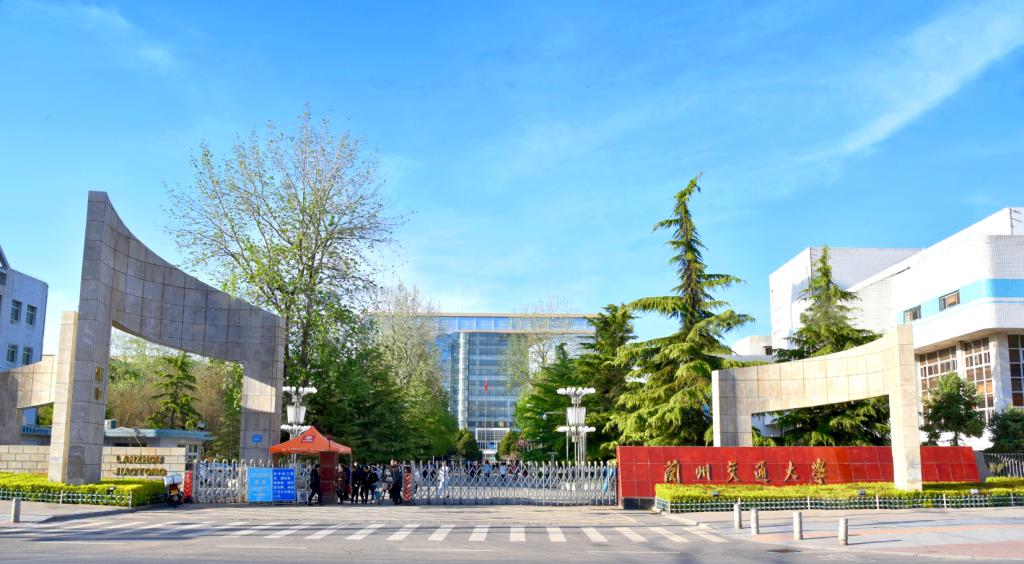
In 1958, the Ministry of Railway decided to establish the third railway institute in China, namely, Lanzhou Railway Institute. Five departments including Railway Transportation, Railway Electrical Engineering, Railway Construction, Railway Bridges and Tunnels as well as Railway Machinery, along with seven undergraduate disciplines and five junior college programs, were relocated as a whole from Beijing Railway Institute (now Beijing Jiaotong University) and Tangshan Railway Institute (now Southwest Jiaotong University) to Lanzhou. More than 340 experts and scholars from Beijing Railway Institute and Tangshan Railway Institute, represented by Lin Damei, Shen Zhiyang, Hu Chunnong, Sun Qiyin, and Zhang Tingjian, came to teach in Lanzhou. In April 2003, approved by the Ministry of Education, “Lanzhou Railway Institute” was renamed as “Lanzhou Jiaotong University”. Since then, it has entered into a new stage of reform and evolution. With distinctive features in rail transport education, LZJTU is dedicated to serving the society by preparing excellent graduates, leading the industry, and making an impact regionally and nationally. Being renowned as “the cradle of railway engineers in China”, it enjoys a high prestige in rail transit construction in northwest China.
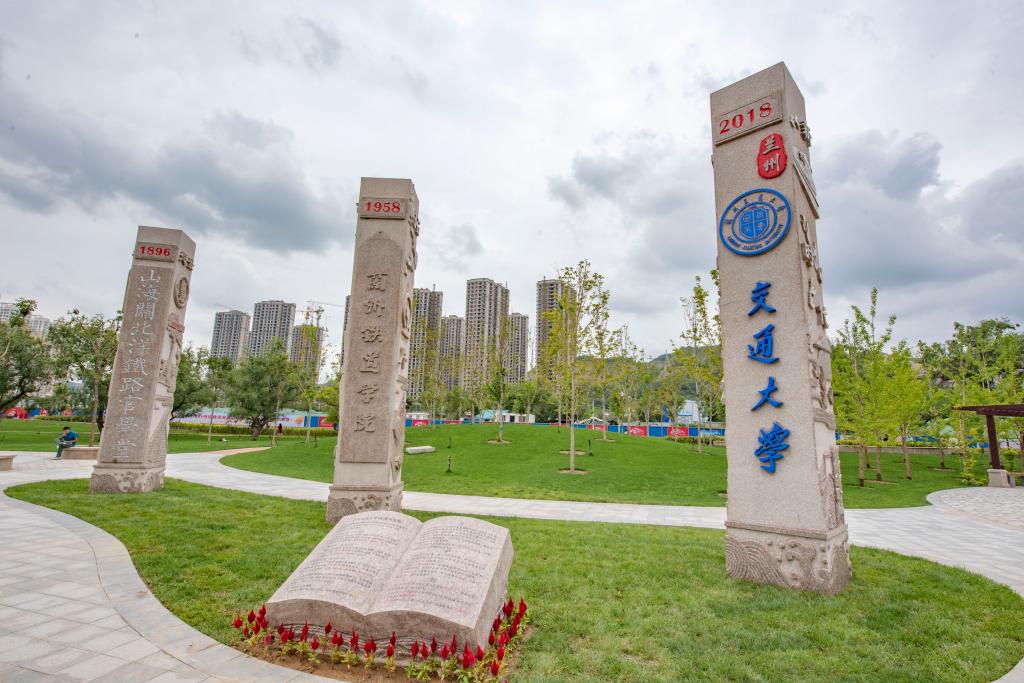
LZJTU has 2 campuses, covering an area of 231.48 acres, of which 837,800 square meters floor area for school buildings. The university library has a collection of 2.09 million volumes. LZJTU is home to 21 schools and 1 national science park. Currently, it has more than 31,000 full-time students, among which 22,102 undergraduate students, 7,587 master’s students, 486 doctoral students, 212 international students and 804 higher vocational students.
LZJTU encompasses eight discipline categories, including Engineering, Science, Economics, Management, Literature, Law, Art and Pedagogy. It has 5 Post-doc Research Centers, 7 First-level Disciplines Authorized to Confer Doctoral Degrees, and 1 Doctoral Degree Categories. On the graduate level, LZJTU has 28 First-level Disciplines and 16 Master’s Degree Categories. It has 24 provincial key disciplines as well. Four disciplines, namely Engineering, Chemistry, Materials Science, Environment and Ecology, have entered the top 1% of ESI.
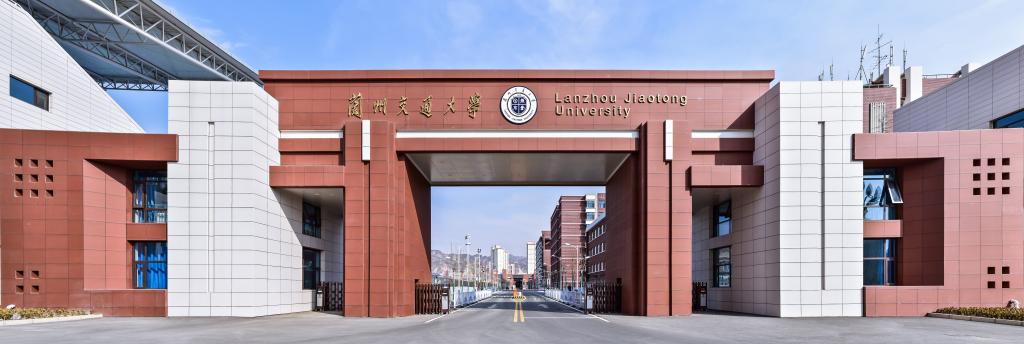
LZJTU offers 66 undergraduate specialties (65 enrollment majors). There are 27 National First-Level Undergraduate Program Development Sites, 6 National Level Characteristic Programs, 1 National Undergraduate Comprehensive Reform Pilot Program and 15 programs obtained the Engineering Education Certification. LZJTU has 13 Nationally Certified First-Class Undergraduate Courses and 3 National Excellent Courses. 1 National Teaching Team, 1 Huang Danian-style teaching team in national universities, 1 National Talent Cultivation Innovation Experimental Zone, 4 National Experimental Teaching Demonstration Centers, 1 National Center of Virtual Simulation Experiment Teaching, 11 National Engineering Practical Education Centers and 1 Provincial Base for Cultivating Outstanding Students in Basic Disciplines.
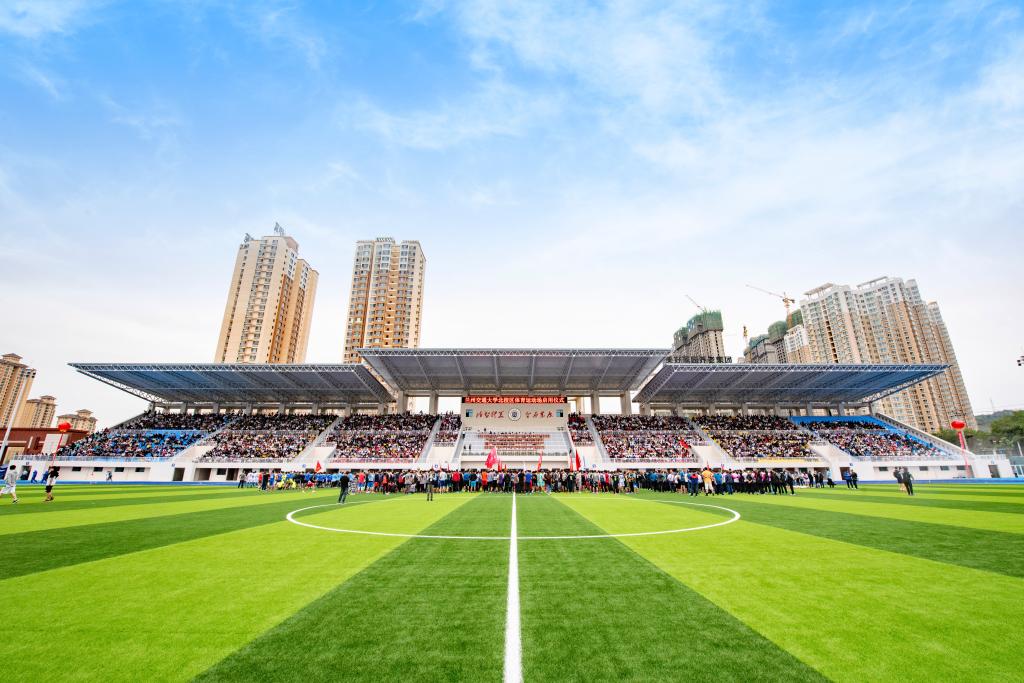
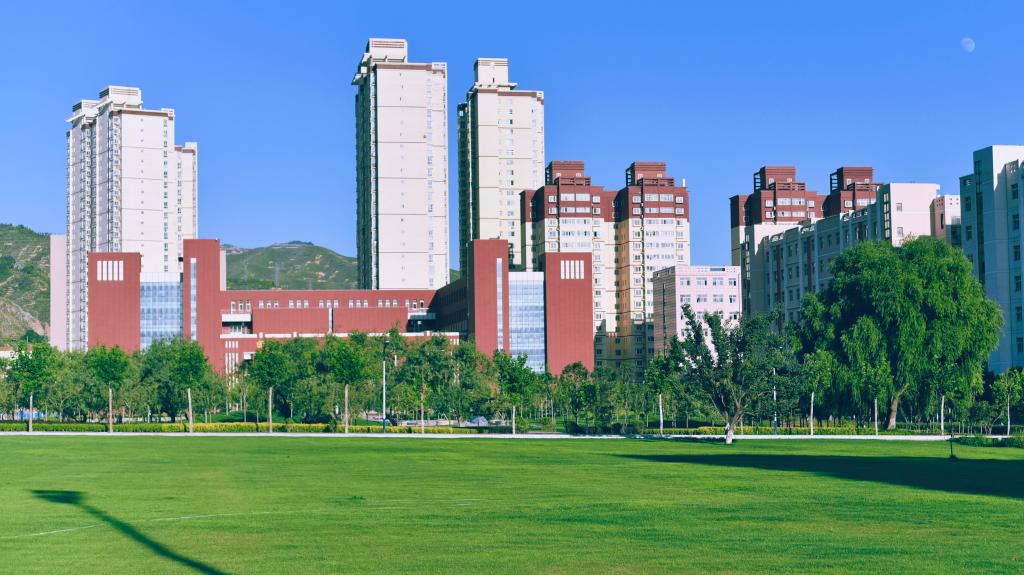
Since its establishment, LZJTU has cultivated more than 200,000 outstanding talents, represented by Lai Yuanming, the Academician of the Chinese Academy of Sciences. It has become an important base for cultivating engineers and technical talents for the country’s railway transportation industry in the western region. Over the years, the employment rates of LZJTU graduates and employment quality consistently rank high among provincial universities. In the past three years, about 40% of the graduates have signed contracts with the rail transit industry, 65.20% with state-owned enterprises, 47.21% with Fortune Global 500 companies and 69.02% have found jobs outside Gansu province. The satisfaction rate of employers towards LZJTU graduates reaches 98.7%. LZJTU has been awarded the honorary titles of "Advanced Collective for the Employment Work of Graduates of Regular Institutions of Higher Education in China" and "One of the 50 Typical Experience Universities in Graduate Employment in China".
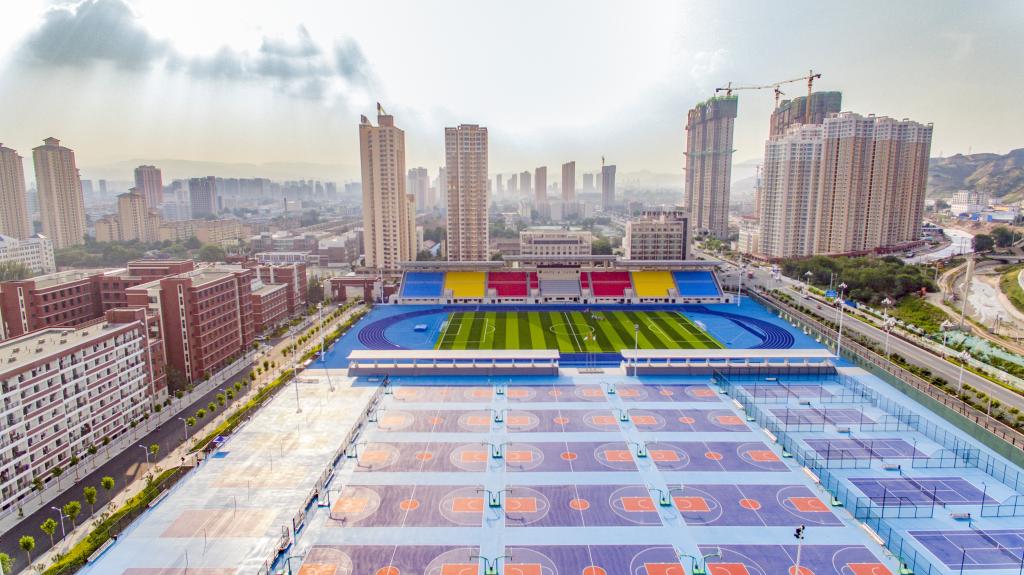
LZJTU has 4 Changjiang Scholars Innovation Teams of the Ministry of Education, 3 national-level scientific research platforms, 14 provincial and ministerial-level key laboratories, as well as 78 provincial and ministerial-level research platforms. The international journal Journal of Geovisualization and Spatial Analysis has been officially included in the EI database. In recent years, LZJTU has undertaken 1,000 research projects, and won 49 provincial and ministerial-level scientific and technological awards, including 4 first-class awards. Seven achievements have been selected into the Railway Major Scientific and Technological Innovation Achievements Database of the National Railway Administration. One achievement won the Second Prize of the National Science and Technology Progress Award in 2020. In the past three years, 48 industry-university-research cooperation agreements with local governments and enterprises have been signed. A total of 1,909 various scientific and technological service projects have been undertaken, with a total funding of 430 million yuan and an average annual growth rate of 22%. Science and Technology Park of LZJTU has incubated 56 start-up enterprises, and the total output value of the enterprises entering the park in 2023 was 320 million yuan.
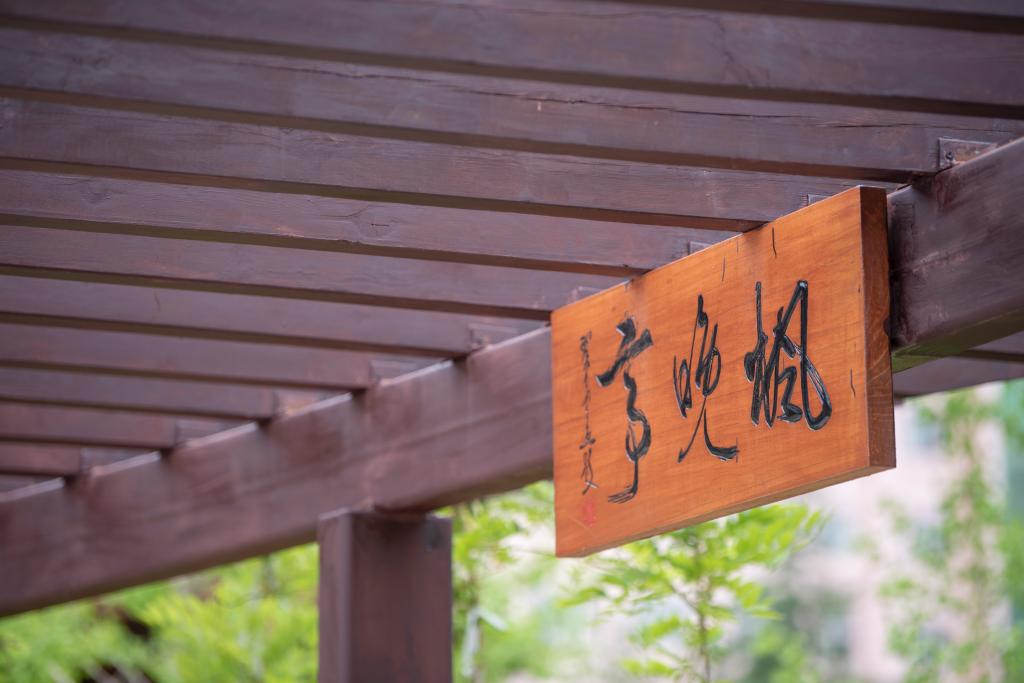
LZJTU has been actively engaged in collaborative partnerships. It has established steady partnerships with over 67 universities and institutions from 25 countries and regions, including the United States, the United Kingdom, France, Russia, Canada, Japan, Spain and Brazil. In 2021, with authorization from the Chinese International Education Foundation, LZJTU and the University of Seville jointly established a Confucius Institute in Spain. Actively responding to the appeal of the “Belt and Road Initiative”, LZJTU has carried out in-depth cooperation and exchanges with universities and institutes along the Belt and Road, such as Russia, North Macedonia, Kazakhstan and Laos. It also has vigorously developed the cultivation of international students, accomplishing the full coverage of the study levels including the Chinese language preparatory, undergraduate, master’s and doctoral programs, as well as carrying out the work on the entry of foreign postdoctoral fellows. It has cultivated over 2,000 International professionals in the fields of transportation, information, and infrastructure construction from more than 60 countries along the Belt and Road.
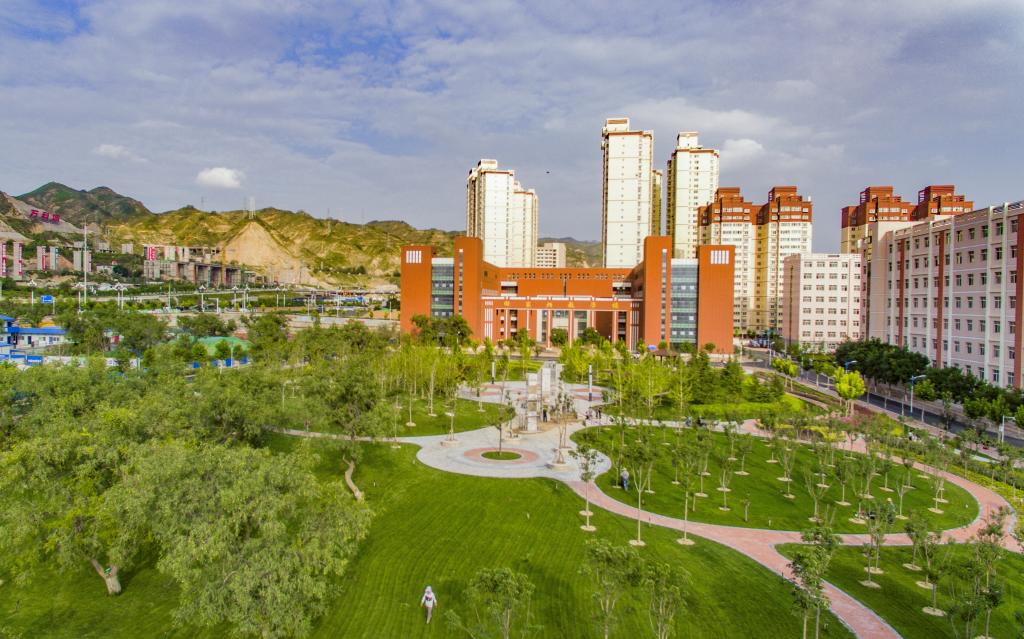
Looking ahead, LZJTU will fully implement the spirit of the 20th National Congress of the CPC and the spirit of the Third Plenary Session of the 20th Central Committee, firmly grasp the fundamental task of fostering virtue through education and closely focus on the development goals put forward by the 12th Party Congress of LZJTU. It will seize the new opportunities brought by the construction of a country with strong transportation and the construction of a pioneering area for revitalizing higher education in the central and western regions in the new era. It will adhere to characteristic development, innovative development and high-quality development, as well as strive to build LZJTU into a high-level university with prominent regional advantages and distinctive industry features.
